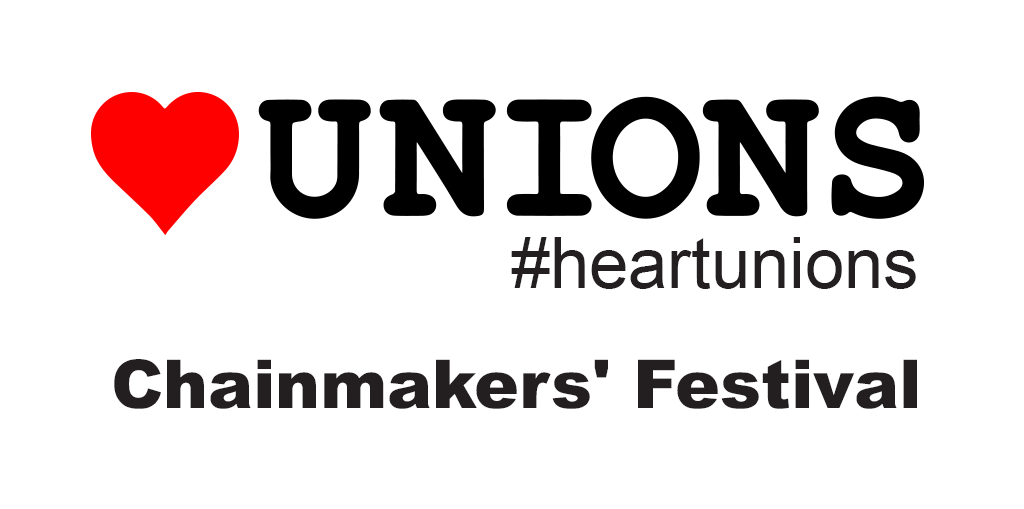Chainmaking was big business in that area at the time - employing some 3,500 people, of which two-thirds were women. The heavy-to-medium chains were made by men in factories, however the lighter chains (often referred to as ‘hand-hammered chains’) were hand-worked by women and children, typically in small cramped outhouses behind their homes. The work was hot, dirty and poorly paid.
In 1909, however, there was glimmer of hope that these women's hard efforts wouldn't continue to go unrecompensed. The Trade Boards Act was passed, setting up regulatory boards to ensure minimum rates of pay for vulnerable workers, among them the chainmakers. A year later a figure was set - two-and-half pence per hour, nearly twice their existing rate.
So far, so good. Or was it? Not when their employers refused point blank to honour it. Other companies took advantage of the fact many of their staff couldn't read, tricking them into signing contracts that wriggled out of the new legal obligation.
Furious and desperate, the chainmakers took a stand. Supported by the National Federation of Women Workers and led by its founder, Mary Macarthur, they began a ten-week strike and quickly amassed enormous popular support. Mass meetings and great media coverage ensured word of the campaign soon spread and the chainmakers swiftly gained a great deal of public attention. Some 60% of employers signed up to proper pay within a month - all had by the end of October that year.
To this day, the women's battle for fairer wages is commemorated in the very place it all kicked off - Cradley Heath. The annual Chainmakers Festival features a parade, guest speakers, market stalls, fun fair rides, street theatre, period reenactments, music and lively debate as it moves from the High Street to Mary Macarthur Gardens over the course of one free and family fun-filled day.
During the 2012 festival, a 10ft steel monument was unveiled in Cradley Heath to commemorate the landmark strike. It was made by Black Country artist Luke Perry and depicts a chainmaker and her child, alongside seven life-sized figures. Speaking at the event, Perry was clear about the impact the chainmakers had made, not just in the area where they worked, but in the ongoing campaign for fairer pay for all workers around the world. It was, he said, "a tremendous honour to create a statue to local women who changed the course of history".
This year's festival takes place on 1st July. See wolvestuc.org.uk/index.php/wbdtuc/32-women-chainmakers-festival for more information.








